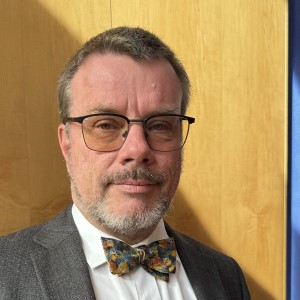The Unified Patent Court and the Transitional Regime Controversies
In our previous blog Opting out and Opting in we discussed some of the questions regarding the transitional regime under the Unified Patent Court Agreement (UPCA). Due to its importance and ambiguity this provision continues to be a source of considerable controversy, so much so that the Preparatory Committee, which is tasked with preparing the…

